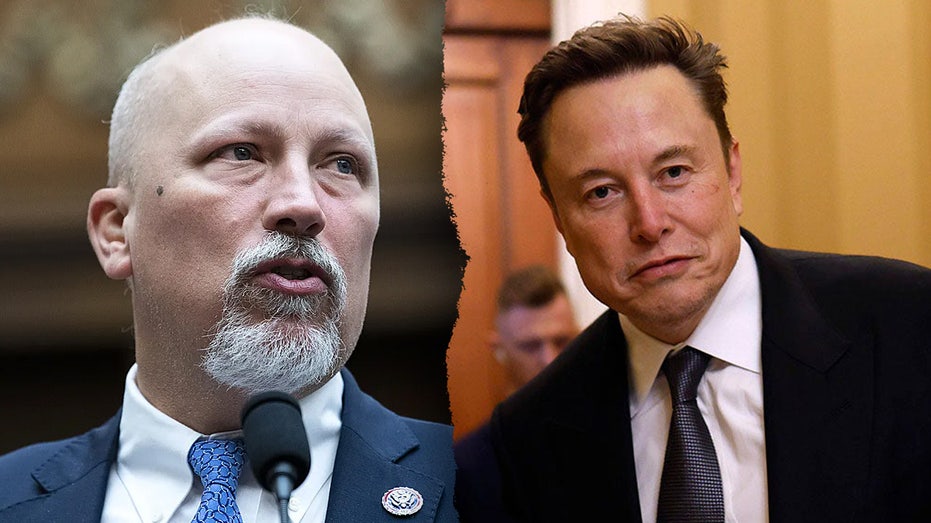Radical New DOGE Transparency Features Could Impact Legislation Following Elon Musk's Exit
House GOP Rep. Chip Roy introduces bill proposing radical DOGE-like transparency powers for lawmakers.

Rep. Chip Roy, R-Texas, has introduced a groundbreaking new bill aimed at dramatically increasing congressional oversight of federal government spending. The legislation, which builds on the framework initiated by Elon Musk during his tenure leading the Department of Government Efficiency (DOGE), proposes to give lawmakers real-time access to Treasury Department invoices exceeding $25,000.
The bill marks an unprecedented push for transparency within federal fiscal operations. Under the proposed provisions, members of Congress would gain the ability to scrutinize not only significant expenditures but also payments made to individual recipients of federal benefits and salaries of federal employees. This expansion of investigatory power would allow congressional leaders to monitor and analyze government disbursements as they occur, rather than waiting months or years for after-the-fact audits.
The proposal comes just days after Elon Musk announced his departure from overseeing DOGE, capping his exit with pointed criticism of recent congressional spending decisions. Musk’s leadership at DOGE was credited with exposing inefficiencies and questionable allocations across a range of federal programs, sparking wider public debate about government accountability. "DOGE lifted up the hood of federal government spending and put on full display the massive programs and inefficiencies wasting American taxpayer dollars," Roy stated, underscoring the importance of ongoing vigilance regardless of which party holds executive power.
Roy emphasized that his bill is designed to ensure that Congress possesses the "best tools available" to detect and eliminate wasteful spending in real time. By enhancing congressional access to financial data, the legislation aims to make it significantly more difficult for unnecessary or inappropriate expenditures to go unnoticed. He argued that such transparency is crucial for safeguarding taxpayer money and reforming government processes for future generations.
The legislative push coincides with broader Republican efforts to curtail federal expenditures as lawmakers consider a newly-proposed $9.4 billion spending cut. The White House submitted the package earlier this week, utilizing a procedural tool called a rescissions package that expedites the process for blocking previously authorized funding. The measure specifically targets appropriations for NPR, PBS, and the U.S. Agency for International Development (USAID), among others.
A vote on the rescissions package is expected next week, with Republican leaders suggesting this may be the first of several attempts to roll back federal outlays in the coming months. If passed, these efforts—paired with enhanced congressional oversight as envisioned by Roy's bill—could usher in a new era of fiscal scrutiny and discipline on Capitol Hill.




